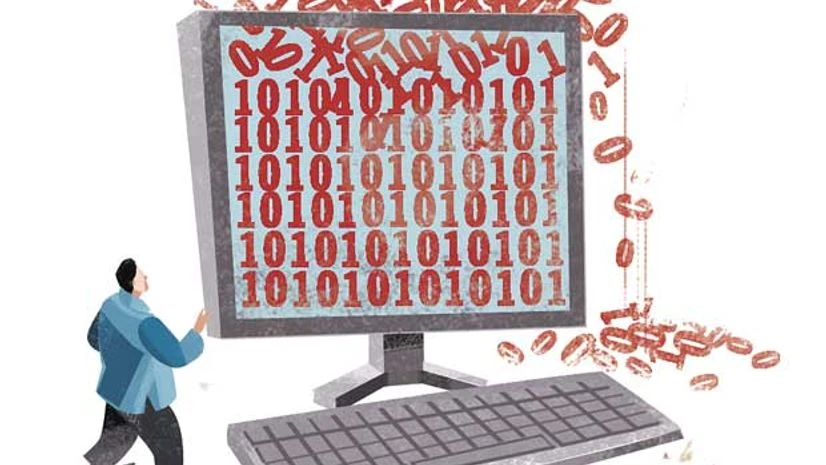A hacker on Friday siphoned more than $50 million of digital money away from an experimental virtual currency project that had been billed as the most successful crowdfunding venture ever - taking with him not just a third of the venture's money but also the hopes and dreams of thousands of participants who wanted to prove the safety and security of digital currency.
The attack most likely puts an end to the project, known as the Decentralized Autonomous Organization, which had raised $160 million in the form of Ether, an alternative to the digital currency Bitcoin. While the computer scientists involved in the project are aiming to tweak the code that underpins Ether in a way that will recover the money, the theft is nevertheless prompting a bigger debate about the viability and principles of virtual currencies like Bitcoin and Ether.
"This is one of the nightmare scenarios everyone was worried about: someone exploited a weakness in the code of the DAO to empty out a large sum," Emin Gün Sirer, a computer science professor at Cornell who co-wrote a paper pointing out problems with the project, said.
Central banks and financial firms have been exploring how to use the technology underlying virtual currencies - known as blockchain - to improve their own internal systems. The technology is considered to have advantages in terms of transparency and security. Just last week, Janet L Yellen, the Federal Reserve chairwoman, told central bankers at a trade industry conference that they should accelerate their efforts to explore blockchain.
But the incident provided another reminder of how the code can be just as vulnerable to human greed and mistakes as paper bills.
The DAO was meant to be a standard-bearer for online currency ventures. It was funded by investors from around the world using Ether, which has become popular over the last year. But just before the project stopped raising money in late May, computer scientists pointed out several vulnerabilities in its underlying code - effectively warning that what happened to the experimental consortium would be possible or even likely.
"The DAO is being attacked," Griff Green, a community organiser with the company that wrote the project's software, Slock.it, wrote on a chat channel for the project. "This is not a drill."
The money that the hacker moved appeared to be frozen on Friday as a result of a safeguard previously built into the code. The thief was caught in what might be thought of as a digital version of the airtight double doors that sometimes protect valuable sites (known in security circles as man traps).
Programmers working on the Ethereum network, which hosts Ether, were debating on whether to make a one-time change to the code to recover the frozen money. That faced immediate opposition from many virtual currency purists who were attracted to the technology because of its ostensible freedom from human meddling.
"The strength of blockchain tech is that it is a ledger, a statement of truth," Bruce Fenton, a board member with the Bitcoin Foundation, wrote on Friday. "That ledger is only as good as its resistance to censorship, change, demands or attack."
©2016 The New York Times News Service

)
